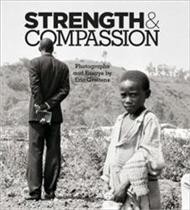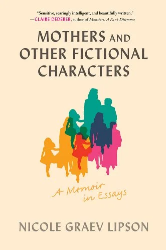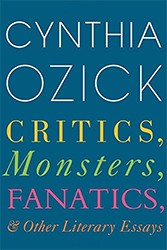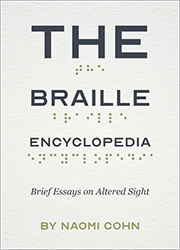This volume presents a compilation of essays, lectures, and even fiction produced by one of the most distinguished Jewish historians of modern times, Yosef Hayim Yerushalmi. The editors’ intention is not to be comprehensive but rather representative, seeking “to capture the scholarly spirit” of this prominent intellectual, while providing the reader with a window into his workshop, “as he goes about sifting evidence, weighing hypotheses, offering synthetic conclusions, and telling a compelling story.” Some of the pieces have never been published before while others are here translated into English for the first time. Each essay is preceded by an introduction setting the work in context.
The book is divided into five sections, each one contributing to the portrait of Yerushalmi’s personality and work. He took an early interest in Sephardic Jewish history and this is evident in his early material, featured in Part II. Part III concentrates further in this area. Yerushalmi lectured on “the resilience and impact of Spanish Jews and former crypto-Jews on international commerce and culture after 1492.” He was particularly intrigued with discerning the bases of Jewish knowledge among the crypto-Jews, as well as exploring the difficulties they faced when they left their homes in hostile lands to live life as full Jews in more accommodating circumstances.
Another aspect of his scholarship involved the political history of the Jews. The material in Part IV ranges from a deliberation regarding Spinoza’s contention that “it is Gentile hatred that preserves Jewish identity” to a discussion of the manner in which the modern state of Israel appears to have broken with the traditional concept of Messianism. In this essay Yerushalmi demonstrates movement from “his role as historian to commentator on contemporary affairs.”
Yerushalmi was particularly attentive to the issue of the history of Jewish historical writing. He explored and compared modern Jewish historiography and Jewish memory, asserting that the former could never substitute for the latter. This collection provides valuable insight into his approach to these issues, tracing Yerushalmi’s intellectual trajectory as he maneuvered his way among the multi-faceted aspects of Jewish historiography and memory, issues of which he was an astute judge.
Related content:
- Jewish Atheism Vs. Atheism by Rebecca Newberger Goldstein
- Spinoza, My Significant Other, and Baking Soda by Lenore Weiss
- Jewish History and Jewish History by Stephanie Feldman





